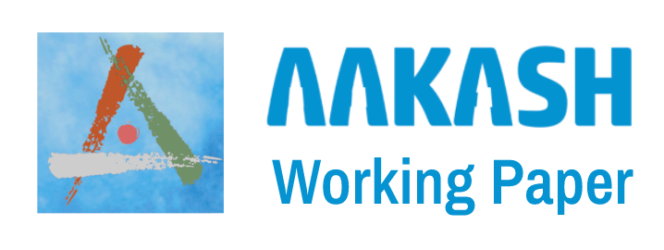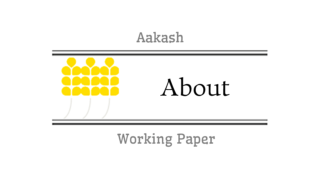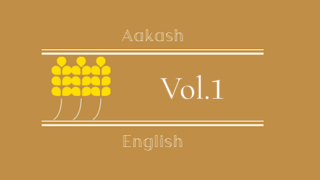Sachiko Hayashida
Aakash Project Leader, Editorial Chair
Research Institute for Humanity and Nature
The Aakash Project, which started in 2017 as an incubation study of the Research Institute for Humanity and Nature, was adopted after a 2-year feasibility study period, and completed its pre-research activities in 2019. In April 2020, the project commenced full research activities. At that time, the coronavirus disease 2019 (COVID-19) pandemic emerged and the international movement of people was restricted to prevent the spread of the coronavirus. As such, travel between India and Japan was halted. Many of the project members from Japan were planning to visit India for research activities, but all of these visits were cancelled. This was a major set-back for our project.
However, a strong bond developed between the Indian and Japanese members of the team throughout the period leading up to full research activities. In 2020, when the Japanese members of the team were unable to travel to India, the Centers for International Projects Trust, a Punjab-based nongovernmental organization, took on the responsibility of conducting a questionnaire survey. Some of the results of this survey are reported in this first issue of the Aakash working paper.
In this report, we present the results of an analysis of the differences in rice straw burning between 2019 and 2020 from various perspectives. This is a rare study that captured the effect of the COVID-19 pandemic. The pandemic was an unexpected event for us, but it is noteworthy that we were able to obtain valuable data at a time of great social change.
I would like to express my sincere thanks to our colleagues in India for making this research possible. I am also pleased to publish this first issue of the Aakash Working Paper Series as a testament to the bonds that bind us all. We hope that this working paper series will continue to stimulate debate among members of the Aakash Project and among external academics and stakeholders.







